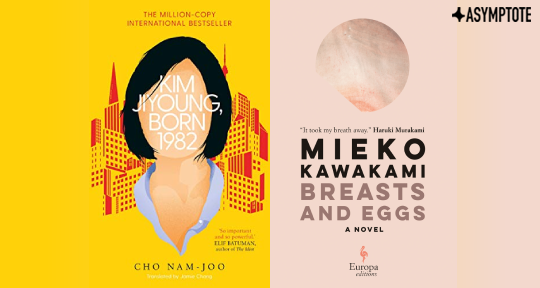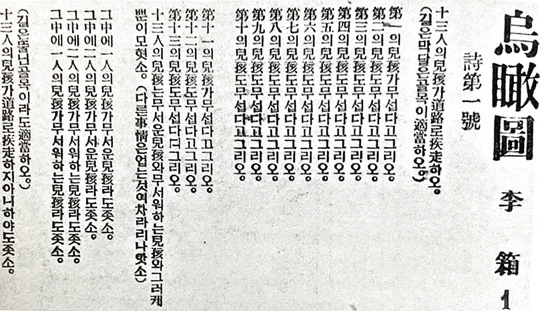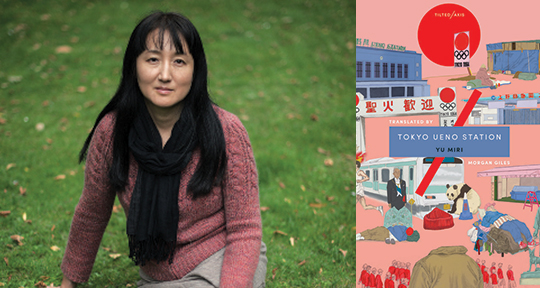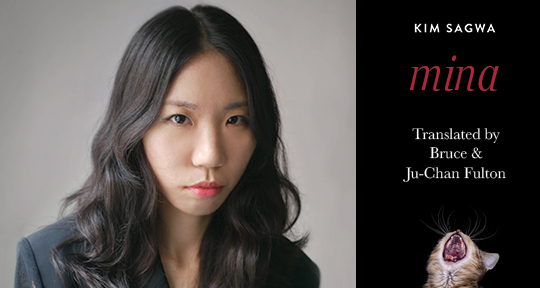Watered Foxtails: A review of Hwang Sok-yong’s At Dusk (tr. Sora Kim-Russell)
Set against the backdrop of South Korea’s rapid rise in the second half of the twentieth century, At Dusk follows the divergent fates of two children from the same slum, Moon Hollow. One (Park Minwoo) manages to fight his way out of poverty; the other (Cha Soona) never leaves it behind. Committed to our current technologized reality, novelist Hwang Sok-yong pieces together his protagonists’ past and present through text messages, phone calls, emails, and video fragments. At one point, pierced with sudden yearning for a childhood the memories of which he has long suppressed, Park even does a Google search of “urban redevelopment.” It is supposed to be a sign of Park’s prominence and success as an architect that such a generic term readily yields photos of his own large-scale residential redevelopment projects that paved the way for South Korea’s ruthless modernization. (Just as compelling if much subtler is the suggestion that Moon Hollow isn’t searchable on the Internet directly by name—so utterly has it been obliterated.) Now, fifty years after he has left Moon Hollow and at the dusk of his life, Park is haunted by what he has bulldozed to get to where he is today.
Points of view alternate in Hwang’s brilliantly executed novella nesting story within story—each with the perfect amount of exposition topped with vivid specificity—and whose translation in Sora Kim-Russell’s poised English was longlisted for the International Booker Prize in 2019. A less imaginative writer would have made Cha narrator along with Park; but, instead of Park’s crush, Hwang arranges for another female character (Jung Woohee) to take the reins of even-numbered chapters. A young struggling artist who barely makes ends meet by working night shifts in a convenience store when not putting up plays, the milieu Jung occupies is worlds away from the other narrator Park’s.
At first, the two narrative strands that make up At Dusk’s rags-to-not-quite-riches story seem unrelated. It’s only when a fourth pivotal character, Black Shirt, a male co-worker, appears in Jung’s life that pieces of the puzzle start to shift into place. READ MORE…















